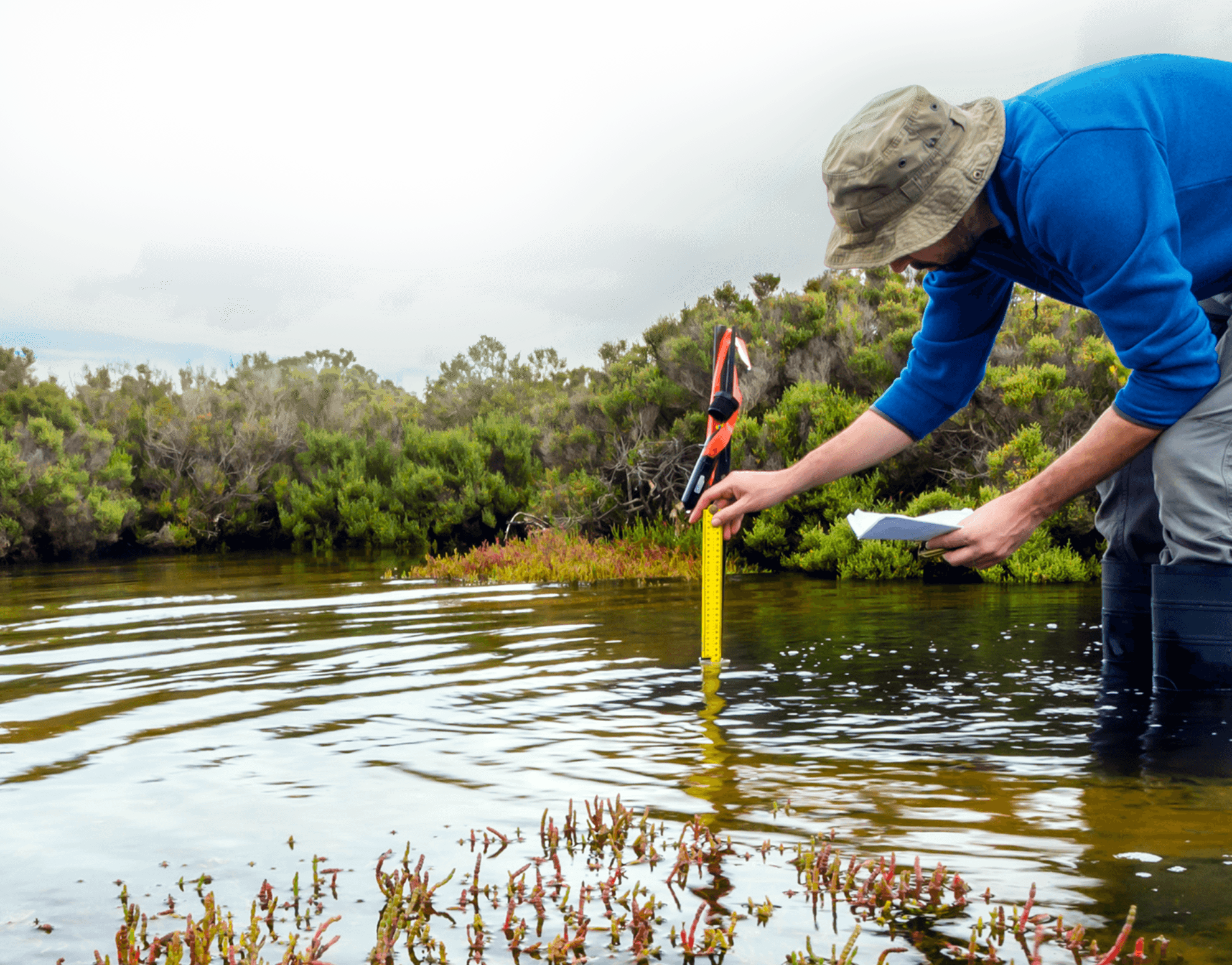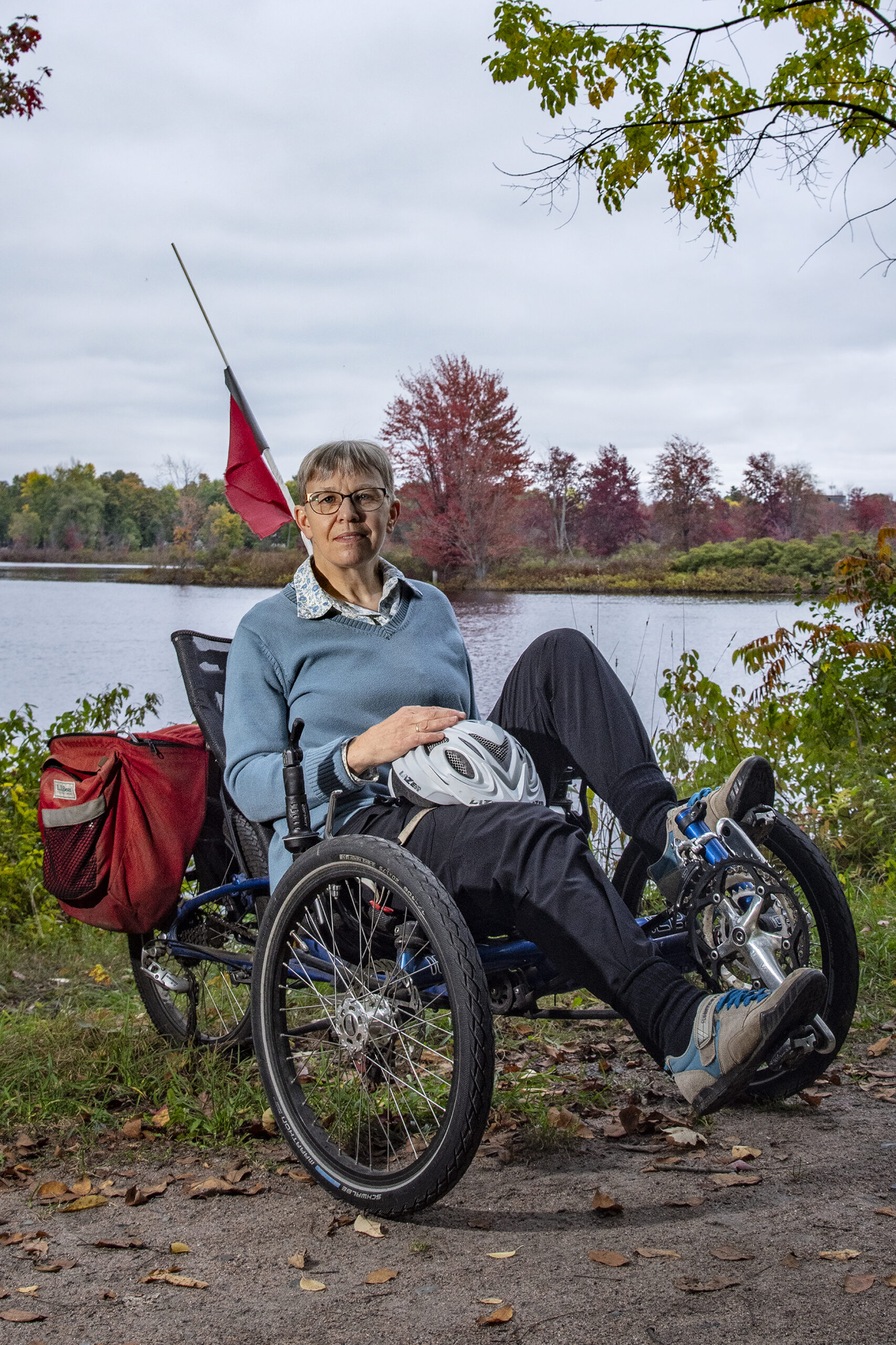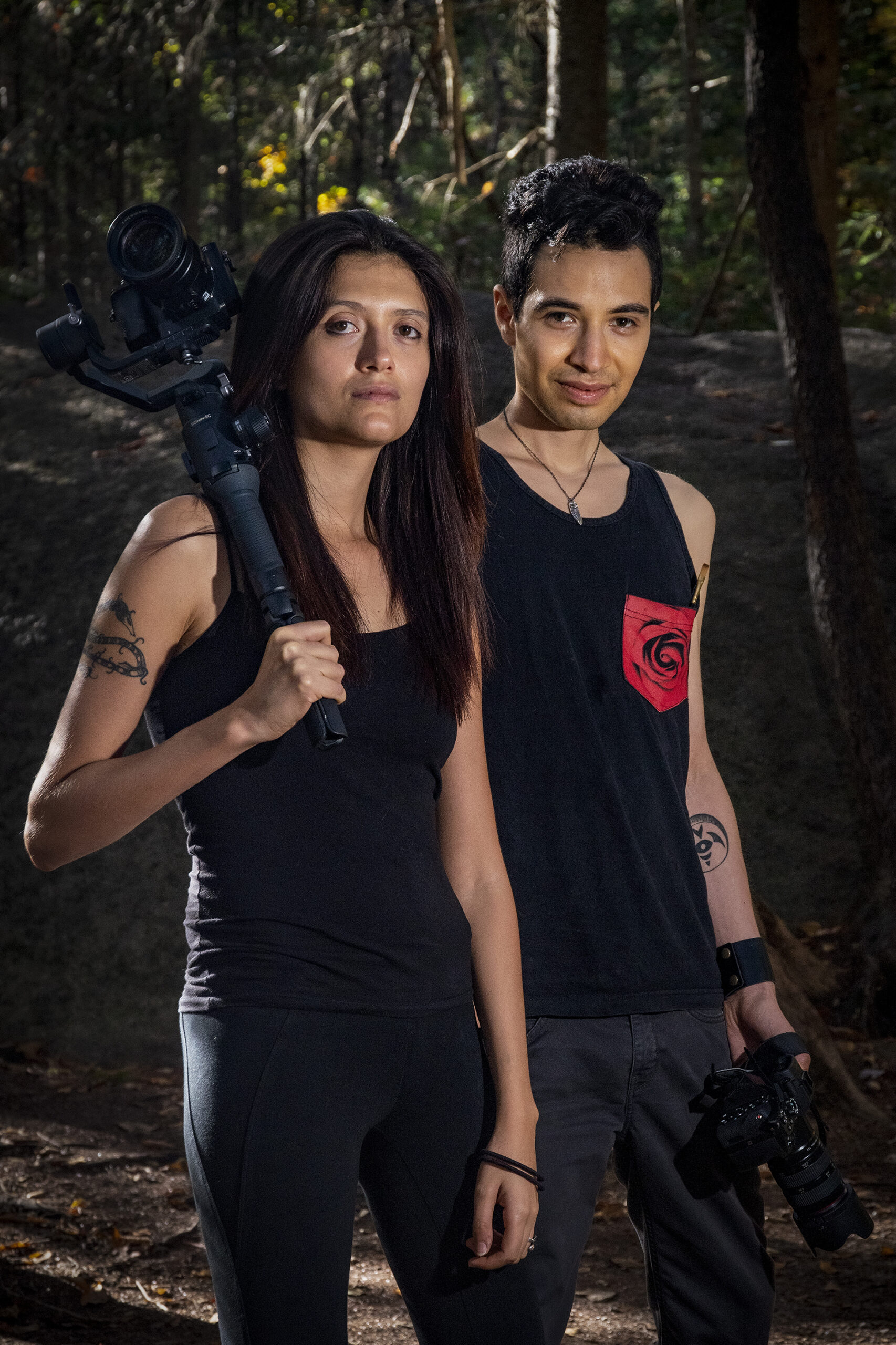

Sue Powers
Gardener, Dog Lover, Forest Wanderer
Director of the Institute for a Sustainable Environment, Associate Director of Sustainability, Jean ’79 & Robert ’79 Spence Professorship in Sustainable Environmental Systems, Clarkson University
Sue is an educator working to improve climate and energy literacy in schools and colleges. As an environmental engineer, she works with students to assess the energy use of consumer products from manufacturing to disposal. She is currently working on community-scale food waste management and energy conservation in campus housing. Sue volunteers with local green initiatives, helps integrate climate knowledge into state agencies, and serves as a leader of the Potsdam Climate Smart Communities task force. She has also spoken at Youth Climate Summits at The Wild Center to inspire youth climate action and teach energy conservation.

Talking Wings
Blake Lavia
Fiction Wordsmith, Jack-of-All-Arts, Self- Effacing Revolutionary
Tzintzun Aguilar-Izzo
Artist-Scholar, Movement Weaver, River Watcher
Talking Wings is a creative collective, sharing stories of communities on the front lines of climate change through documentaries, art, and storytelling. Founded by Blake and Tzintzun, their work tells the history of the land, carries forth cultural memory, and puts a spotlight on people working on climate solutions. Through North Country symposiums, Talking Wings gathers community members to discuss equitable, regenerative climate solutions for the region, furthering their mission to promote environmental protection and justice in the face of climate change.
.
Youth around the world are using their voices and taking action on climate change. They are keenly aware of the impact climate change will have on our future and bring both urgency and clarity to the movement.
Young people are a common thread connecting diverse groups and communities, generating momentum for collective action. Collaboration between generations is essential to making this movement as powerful as it can be.
Youth Climate Summits are designed and driven by young people. Initiated at The Wild Center in 2009 by a group of students, teachers, community members, and Wild Center staff, this conference-style model has spread around the world. These gatherings focus on climate science, impacts, justice, and solutions. Summits engage, inspire, and empower students to take action in their own communities.